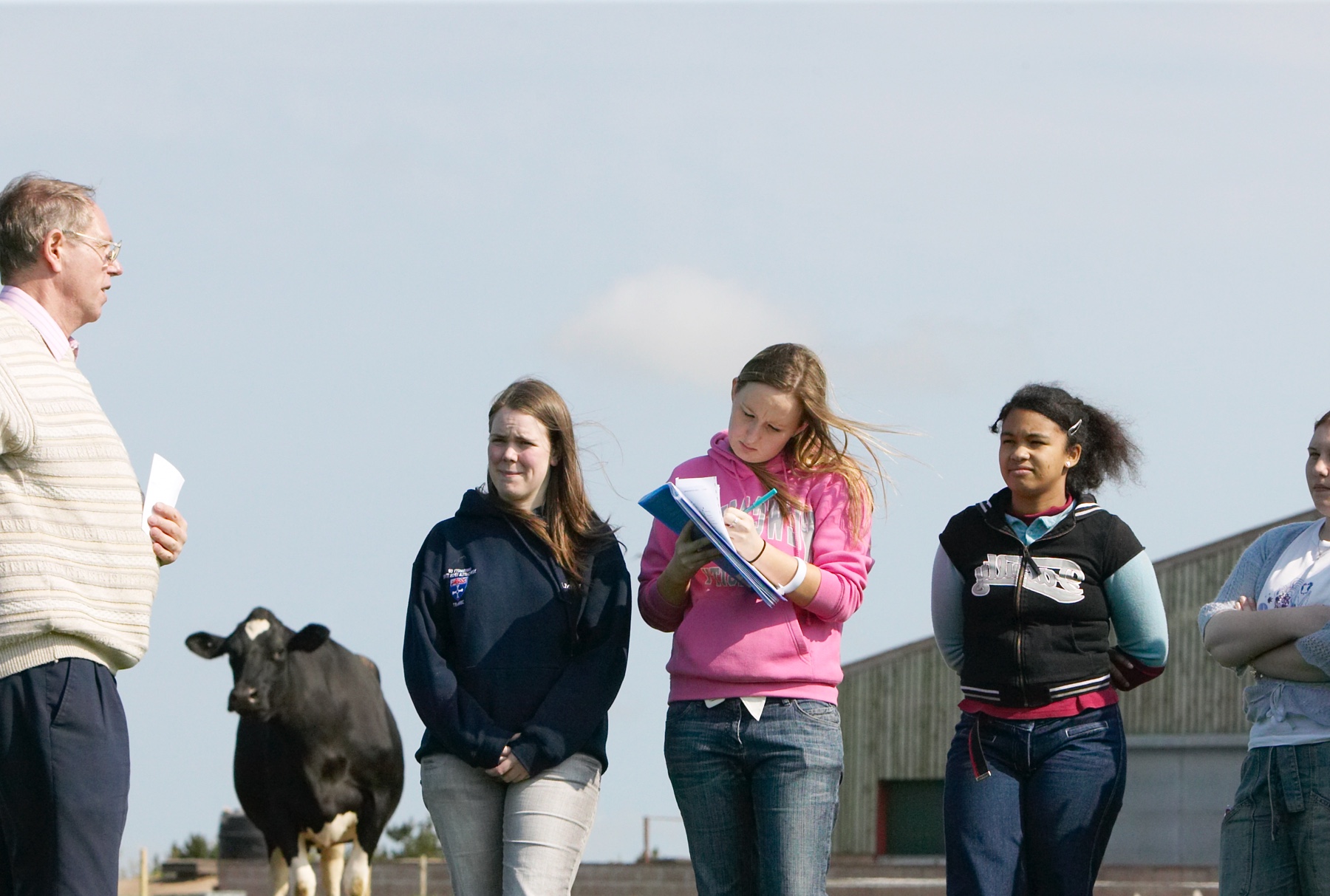Enterprise & Engagement
Managing farm businesses for profit
Our Research
Underpinning all farmers' business objectives is the need to develop systems that reliably deliver profit. A resilient farming business is one that makes most efficient use of its resources. As the fundamentals of farming support change - withdrawal of BPS, switch from CS to ELMS, and changes in import and export tariffs - farmers are challenged to become more efficient and to explore new markets and revenue streams. We seek to combine research with farmer-engagement to assist them to meet these challenges.
Farm management is the discipline that brings together production science, marketing, economics and policy to create viable farm businesses. The farm management staff teach the core business skills, including resource planning, staff management, partial budgeting, cash flow budgeting, farm business and investment appraisal, necessary to allow students to compare alternative cropping and livestock systems, and to assess the best way to use the farm’s productive assets.
An economic analysis of the role and viability of small abattoirs in the red meat supply chain
Topic: Small abattoirs generate most income from “private kill” slaughter and butchery services. The closure of over a third of small abattoirs in recent years has reduced the provision of private kill across the UK. This study examines the adverse impacts further closure of small abattoirs will have on the farmers who use private kill services to add value to their livestock enterprise(s), and what measures can be taken to support the continued provision of private kill services delivered by small abattoirs.
- Funder: The Princes’ Trust
- Project collaborators: Dr Jeremy Franks, Dr Jess Hepburn
Summary:
The Executive Summary and final report can be found at
All on the Table - The Prince's Countryside Fund (princescountrysidefund.org.uk)
Links to modules: ACE2010
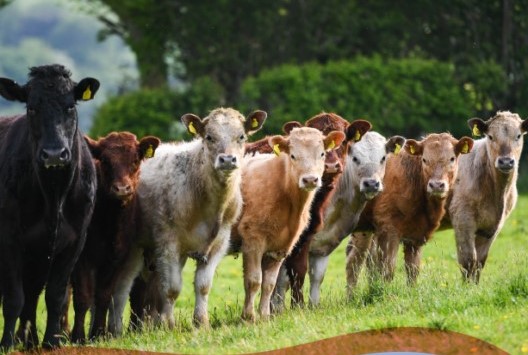
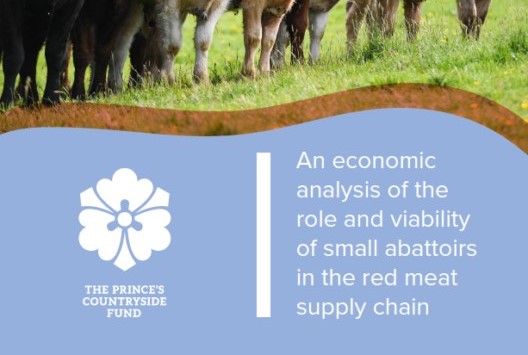
Barriers to raising productivity on upland farms in England
Topic: Upland farms are characterised by low profitability: the majority of them fail to cover their input costs and leave a reasonable salary for family labour. This survey of upland farms identifies the major reasons for the low profitability on these farms and suggests ways to remove the constraints that cause it.
- Funder: University of Newcastle Research Centre Grant
- Project collaborators: Dr Jeremy Franks, Charles Scott, Eliot Taylor, James Steele and Catherine Maughan – all members of the Farm Business Survey based at Newcastle University.
Summary:
This study reports the impacts of resource constraints on upland farms in England. The majority of respondents (105, 85%) reported one constraint, 65 (52%) reported two. ‘‘Land- and tenure-related issues’’ was reported by 44 (42%); ‘‘personal and family related issues (including succession)’’ by 18 (17%); ‘‘poor cash flow and low profitability’’ by 17 (16%); and ‘‘general uncertainty regarding Brexit’’ by 16 (15%).
The main impacts included reduced profitability (30 respondents), lower stocking rates (17) and investment (12), and problems managing livestock (9). Only five respondents reported that the bottleneck created by these constraints motivated the development of their business. The majority of respondents wanted direct payments to remain and there was support for grant schemes targeted at upland farming (25). However, 58 (48%) believed they could not remove their constraint without assistance, though few suggested innovative policies or instruments. The findings suggest that a farmer’s willingness and ability to adapt to changes in policy and support payments will be the most important factor in determining which upland farms continue in business after the UK has left the European Union.
Links to modules: ACE3024 Farm Business Planning and Control
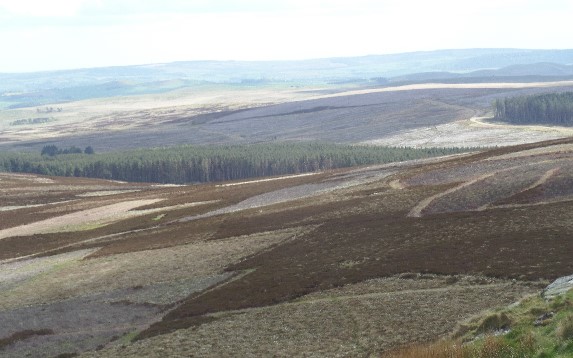
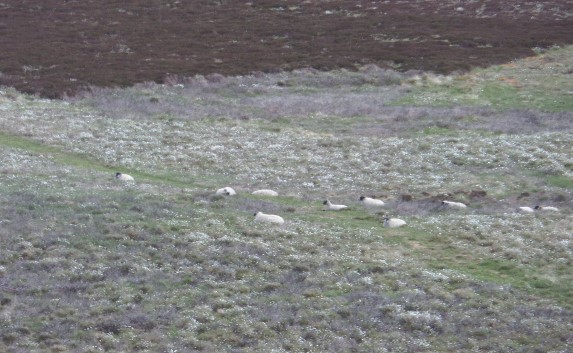
Economic and environmental optimisation of crop rotation.
Topic: Crop rotation has historically been integral to the sustainable production of livestock and arable crops. Management of the soil is a key aspect of resource sustainability. Business planning requires that a rotation succession is optimised for revenue. This study attempts to identify a strategy to optimise cropping rotation sequence to maximise environmental benefits with optimum economic revenue
- Funder: University of Newcastle
- Project collaborators: Simon Parker, Dr Julia Cooper and Dr Jeremy Franks
Summary:
Using historic data indicating environmental and economic inputs and outputs, the project will utilise crop modelling software and bespoke coding to model a range of cropping sequences to identify the most beneficial rotation for sustainability, environmental impact reduction and economic return.
Identifying and implementing regenerative agriculture practices in challenging environments: experiences of farmers in the north of England
Topic: Engaging with northern farmers and industry to learn more about factors impacting uptake of regenerative agriculture in northern England
- Funder: AHDB
- Newcastle partners: Julia Cooper, Jeremy Franks, David George, James Standen, Amelia Magistrali
- Collaborators: Future Food Solutions, Cumbria Farmers Network
Summary:
This short project will fund a series of workshops, surveys and farmer interviews targeting farmers in the north of England who identify as using "regenerative agriculture" practices in both arable and grazing systems. The project will use thematic analysis of workshop observations, questionnaires and semi-structured interviews to identify the challenges and successes associated with regenerative agriculture in northern England. An outcome of the project will be a gap analysis of research and technological needs of farmers in the region interested in using regenerative farming practices. The project will also lay the groundwork for establishment of a network of regenerative agriculture practitioners in the area who will be invited to participate in an agroecosystem living lab in the 2022-23 growing season.
This PowerPoint presentation derived from this study was presented at the Regenerative Agriculture – Understanding the Opportunities and Challenges conference at York (25-26 April, 2023)
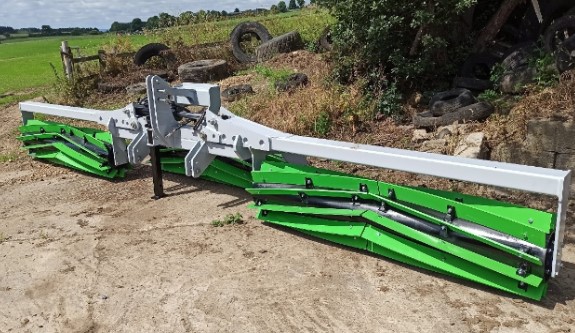
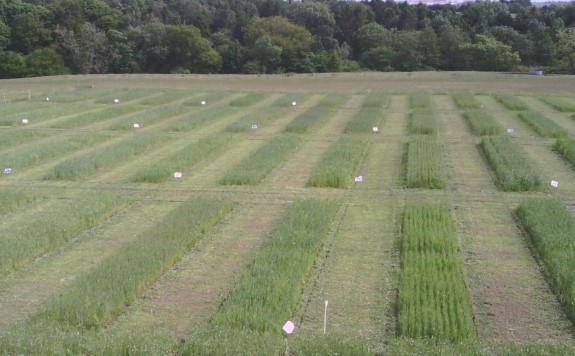
23rd International Farm Management Congress (IFMA23), at Copenhagen (27 June – 1st July 2022)
Topic: The role of small abattoirs in the delivery of the UK’s new agricultural policy objectives
- Funder: Princes' Countryside Fund
- Newcastle partners: Jeremy Franks
Role of Small Abattoirs PowerPoint Presentation given by Jeremy Franks on Monday 28th June, at IFMA23 (Copenhagen)
Agricultural Policy Conference Paper
The published (open access) paper is available at: The role of small abattoirs in the delivery of the UK's new agricultural policy objectives - Jeremy Franks, Rachel Peden, 2022 (sagepub.com)
Topic: A spatial analysis of the robustness of the private kill abattoir network in the UK: proof of concept study
- Funder: Princes' Countryside Fund
- Newcastle partners: Jeremy Franks
Spatial Analysis PowerPoint Presentation given by Jeremy Franks on Monday 28th June, at IFMA23 (Copenhagen)
